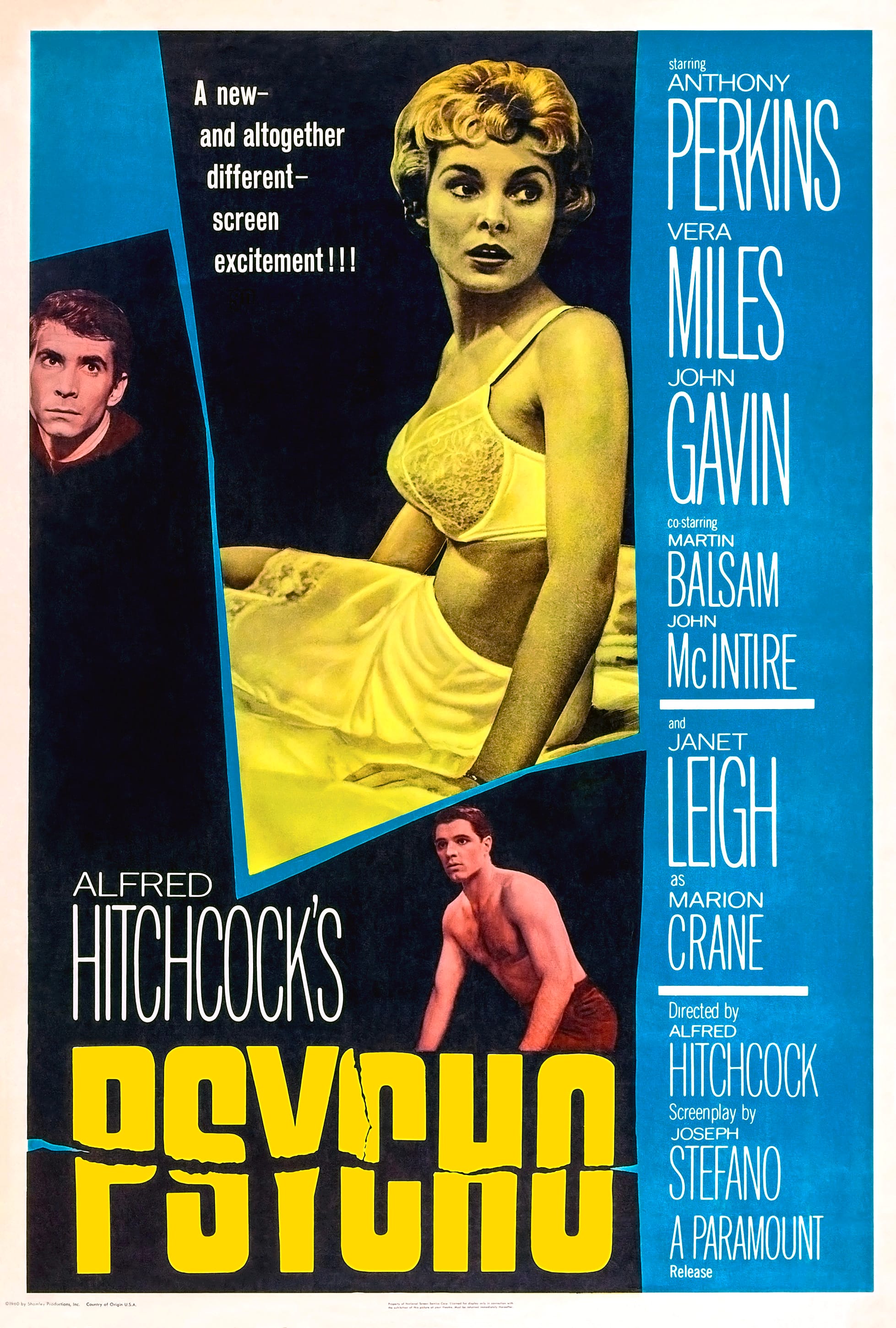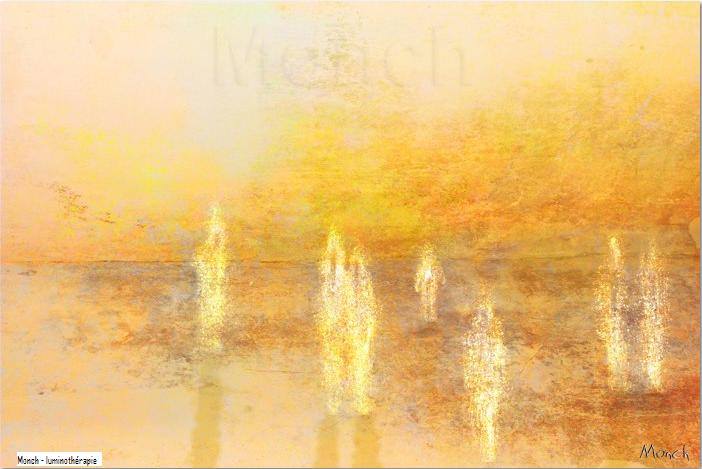Employment Agency Memories: The Unemployed and the Unemployable

Back in the late 1980s I worked as an executive recruiter. The firm where I worked was a very small one, specializing in a particular sector of manufacturing, and we were just a tiny bit pretentious in that we only took on managerial or executive candidates.
Our group operated in an office tower, and on the same floor were several other small businesses and entrepreneurs. Among them was a “boutique” secretarial agency. Where we might interview a few candidates daily with hour long sessions, the woman who ran this agency would plow through up to 15 candidates per day, using only the briefest amount of time to review their resumes, assess their appearance, and maybe check for a pulse. Despite the conveyor belt approach, she was very, very successful and had a thriving and profitable business.
One day a “pet” client of ours requested that we find an executive assistant for the president. Normally we wouldn’t do that type of placement, but we did not want to risk displeasing our client. We agreed to take on the assignment.
First step: Advertise the position. When she heard what we were doing, our secretarial agency neighbour just laughed and laughed. What? What was so funny? She smiled sweetly and said, “you’ll find out”.
The calls began to come in for the position. Resumes came through the fax and the mail. I don’t remember how many people we actually interviewed, but I vividly remember one candidate.
She arrived punctually, seating herself primly in the lobby where I went to greet and bring her into the inner sanctum. Her shoes were elegant yet sensible. Nice briefcase and purse. She wore a rather severely tailored business suit with a white blouse — sporting a large bow. Overall, the “dress-for-success” attire of the time.
Seated in front of the desk, she briskly snapped open her briefcase and with a flourish withdrew her professionally prepared resume printed on heavy gauge off-white paper. It listed her education, the standard banner of desirable business traits… and just one job: that of executive assistant at a company for the last fifteen or so years.
Wanting to start the interview on a positive and vaguely open-ended note, I began with something along the lines of “How unusual to see such career steadiness. You must have really enjoyed working there…?”
She paused, drew in a breath and spat out, “Actually I hated every minute of it. My mother said that I needed stability in my life. BUT NOW SHE’S DEAD and I can do what I want”.
After the interview was quickly concluded, I walked down to the neighbour agency owner to tell my story. She laughed and laughed with a knowing air.
I recall another memorable candidate (not secretarial). Most resumes have a more-or-less standard format. Name, address, ambitions, talents, education, and most importantly, work history. This resume was very different.
The chronicle of his work experience began innocuously enough.
First job: he was laid off due to downsizing.
Second job: he was laid off due to downsizing and had been one of the unlucky ones let go while “ass-kissers” were spared.
Third job: he was unjustly fired due to false rumours spread by jealous coworkers.
The job litany continued, with each dismissal being more detailed, more unjust with venom sprayed at more and more former supervisors and associates.
Did I mention that the resume was handwritten?
The writing started out in normal cursive form, then devolved into a “ransom letter” style of printing pressed hard onto the paper.
Needless to say, he wasn’t called in for an in-person meeting. But I did watch my surroundings more carefully when leaving the office and getting the car from the underground parking lot.
Would you like to read other posts? If so, please click the Home Page link below:

You, Dear Reader, are much needed and appreciated.
Everything written requires a reader to make it whole. The writer begins, then you, dear reader, take in the idea and its image, and so become the continuation of its breath. Please subscribe so that my words can breathe. Consider this my hand, reaching out to yours.
